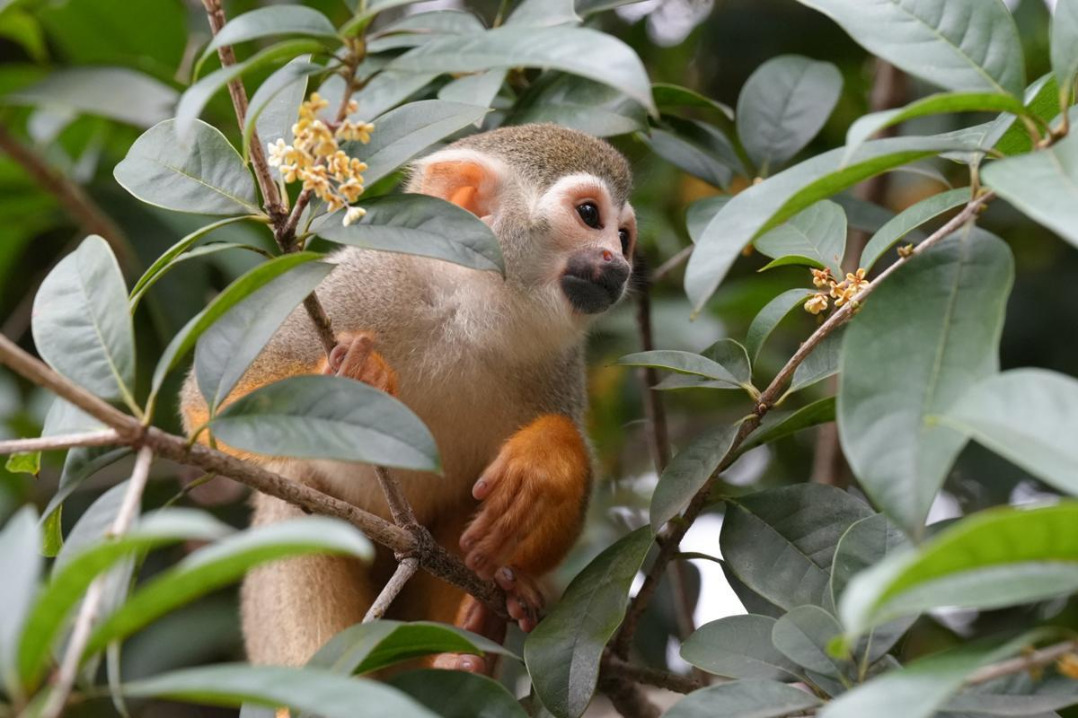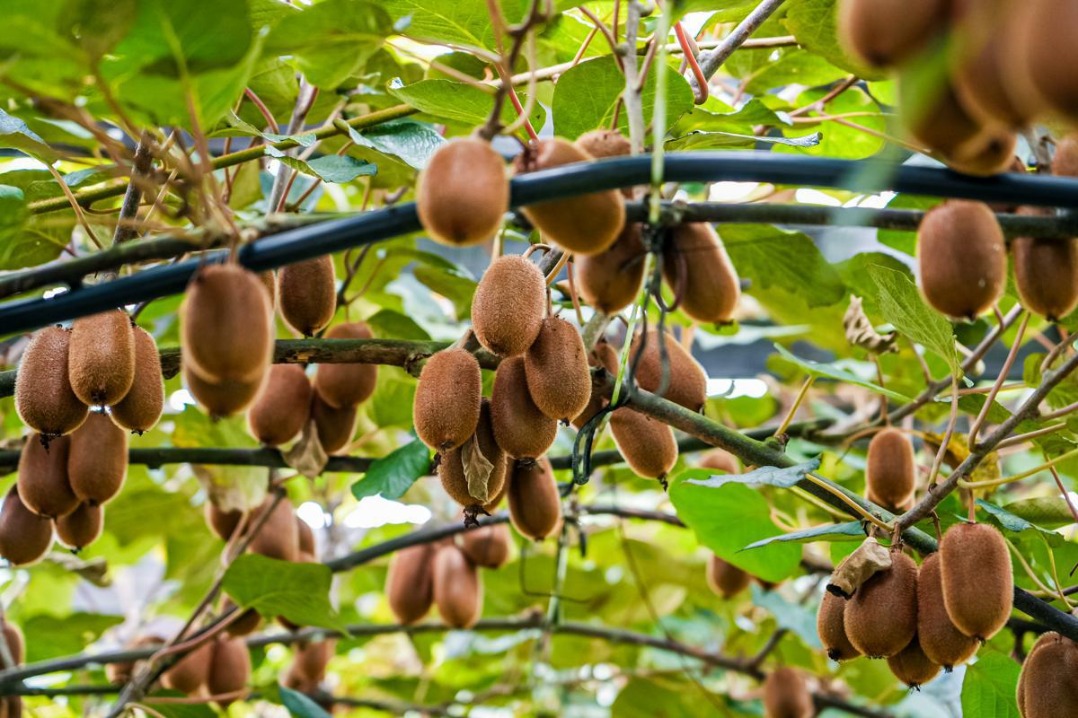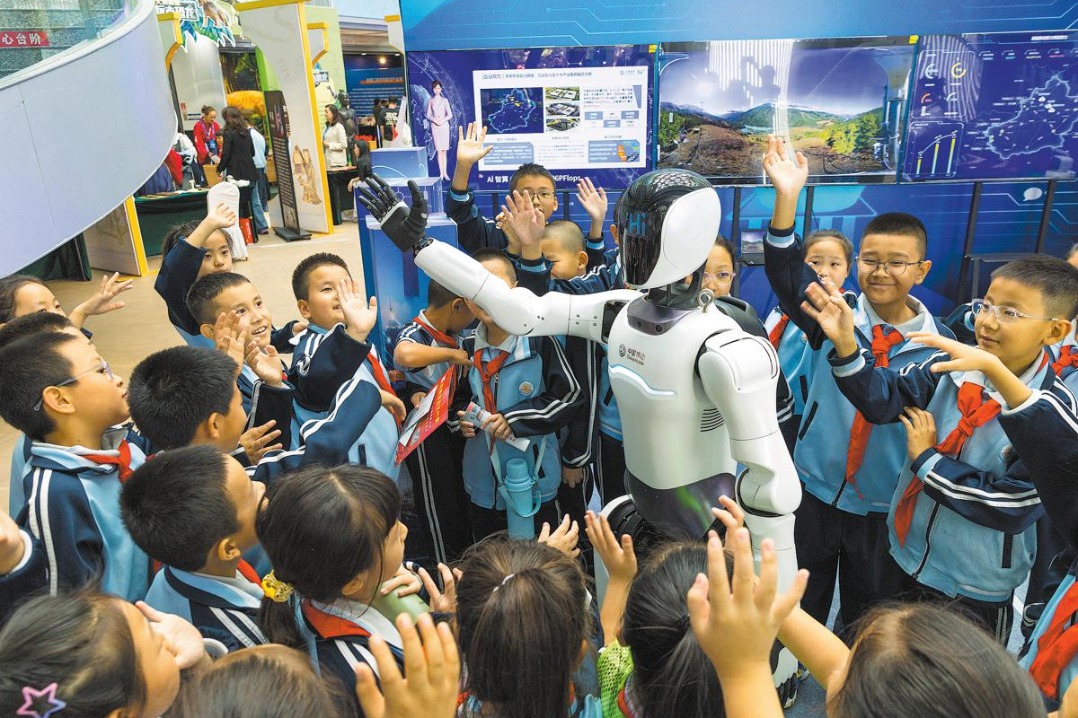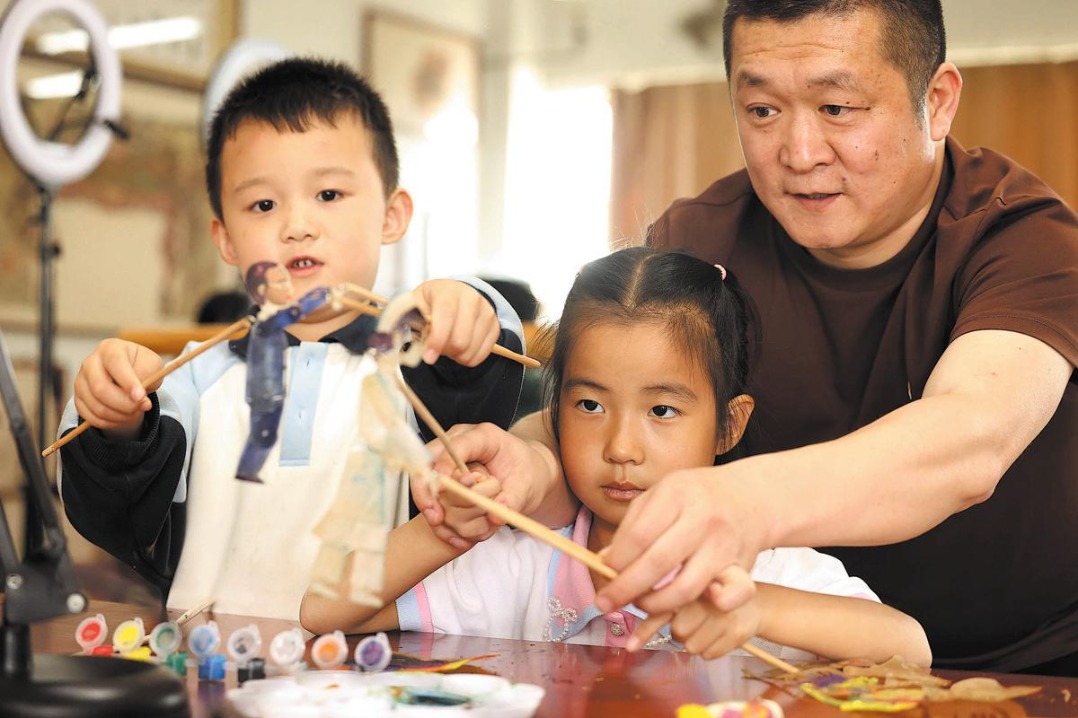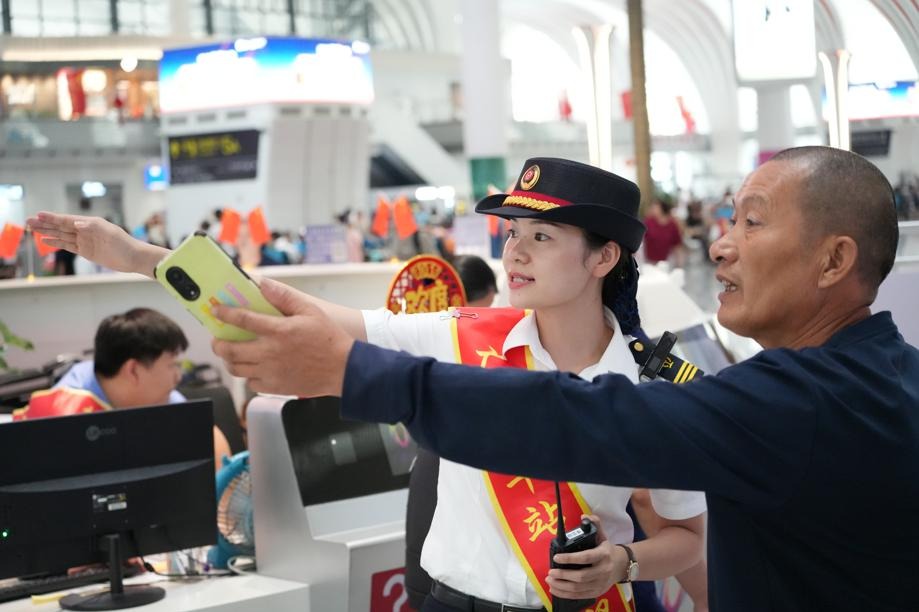Family's care of Soviet war hero's grave testament to enduring postwar bonds

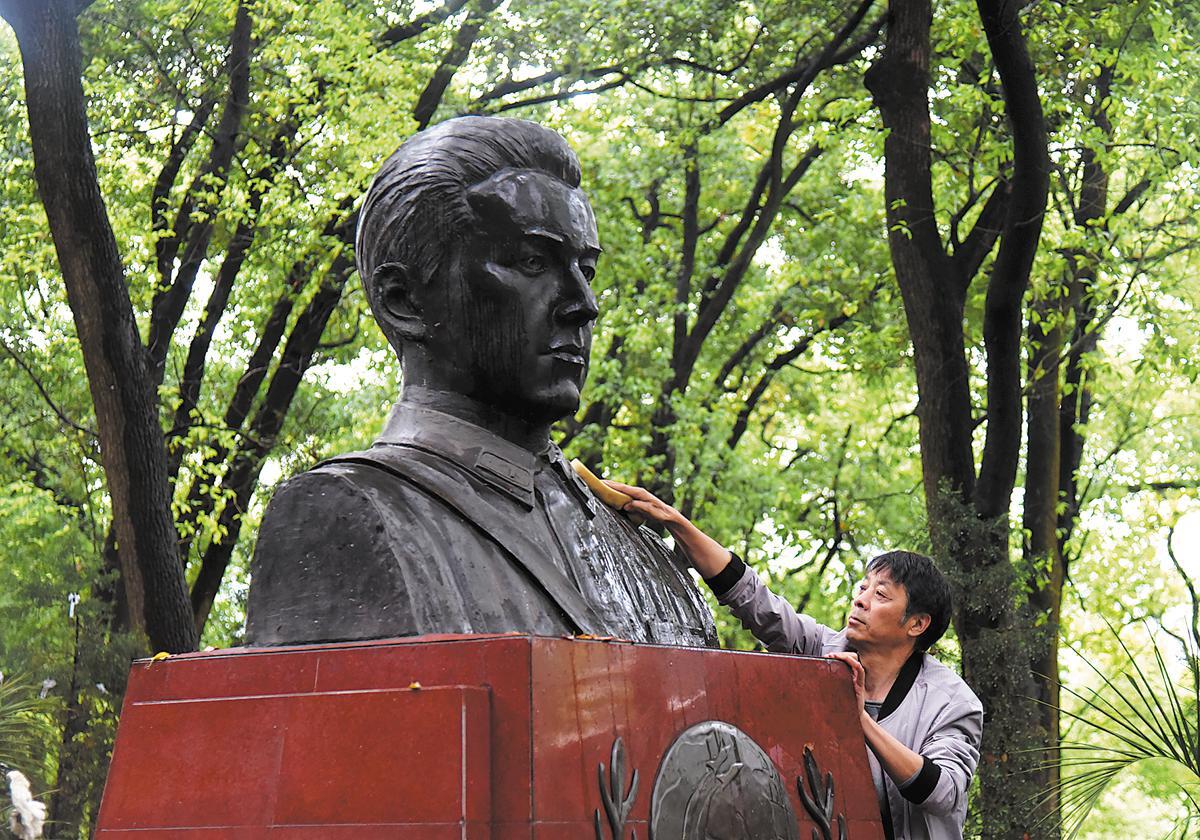
In a park located in the heart of Wanzhou district in Chongqing, a quiet cemetery stands as a poignant symbol of the enduring bond between China and the former Soviet Union. There lies Grigory Arimovich Kurichenko (1903-1939), a Soviet air force hero whose bravery and sacrifice during World War II left an indelible mark on the Chinese people — especially on a devoted mother and her son who volunteered in succession to serve as the tomb's caretakers for nearly seven decades.
"This is a responsibility, a gesture of gratitude and a testament to the conscience of the Chinese people," said 71-year-old Wei Yingxiang, the second-generation tomb guardian and guide of the Martyr Kurichenko's Cemetery.
Kurichenko, commander of a Soviet Union air squadron, led a daring mission against the invading Japanese forces on Oct 14, 1939. The skies above China were his battlefield, where he fought valiantly, downing six enemy aircraft.
However, his plane became critically unbalanced, and as he flew over Wanzhou, a crash seemed inevitable. Steering away from populated areas, he chose to land on the Yangtze River, saving his comrades but ultimately losing his own life to the river's unforgiving currents. He was 36 years old.
The soldier's heroism and sacrifice deeply moved the local people.A few days later, they recovered his body and held a grand memorial in his honor. Among those present was Tan Zhonghui, a local woman who felt a profound calling upon seeing the hero laid to rest. She vowed to care for his grave.
In 1958, the local government officially recognized Kurichenko's contribution by establishing a dedicated cemetery. Tan became its first official guardian. Her son, Wei Yingxiang, often accompanied his mother to the cemetery, learned about Kurichenko and grew to understand the deep gratitude his family had for the war hero.
When Tan retired in 1977, Wei took up the mantle. Every morning before heading to work, he tended to the cemetery by cleaning the grounds, maintaining the headstone and planting trees, just as his mother had done before him. When visitors arrive, especially young people, he shares stories of Kurichenko's heroism with them.
Tan's and Wei's dedication did not go unnoticed. Their story was frequently featured in newspapers, on television and online, with people praising both Kurichenko's heroic deeds and the unwavering commitment of the mother and son.
In 2010, through a Chinese TV program, Wei connected with Kurichenko's granddaughter and they talked via a video call during the program, where Wei reaffirmed his commitment to honoring her grandfather's memory. His efforts were also immortalized in the film A Promise to the Kurichenko's.
According to Kurichenko's family, he once expressed that he felt the suffering of the Chinese people as deeply as he felt the suffering of his own countrymen.
In 2009, Kurichenko was posthumously awarded as one of the "100 heroic model figures who made outstanding contributions to the founding of new China" by 11 departments, including the Publicity Department of the Communist Party of China Central Committee.
Now, as the trees planted by Tan cast their shade over Kurichenko's grave, they stand as living symbols of the legacy she and her son have nurtured.
"He sacrificed his precious life for us. If I had another lifetime, I would continue to stand by him. Even a century would not be too long to be his guardian," Wei said, dedicating himself to guarding the tomb for as long as he lives.
Wei is mentoring a guide to take over his duties in the future, ensuring that the ideals of peace and friendship represented by Kurichenko's sacrifice continue to be carried forward.
Contact the writers at dengrui@chinadaily.com.cn
- Wondrous Xinjiang: Aquaculture thrives in China's Taklimakan Desert
- New regulation adjusts jurisdiction of internet courts
- Over 200m rail passenger trips recorded during holiday period
- Yunnan official turns self in for suspected violations of disciplines and laws
- China's renovation projects for old residential compounds benefit over 110 million since 2021: minister
- Exclusive: Sit down with German sinologist Helwig Schmidt-Glintzer

















